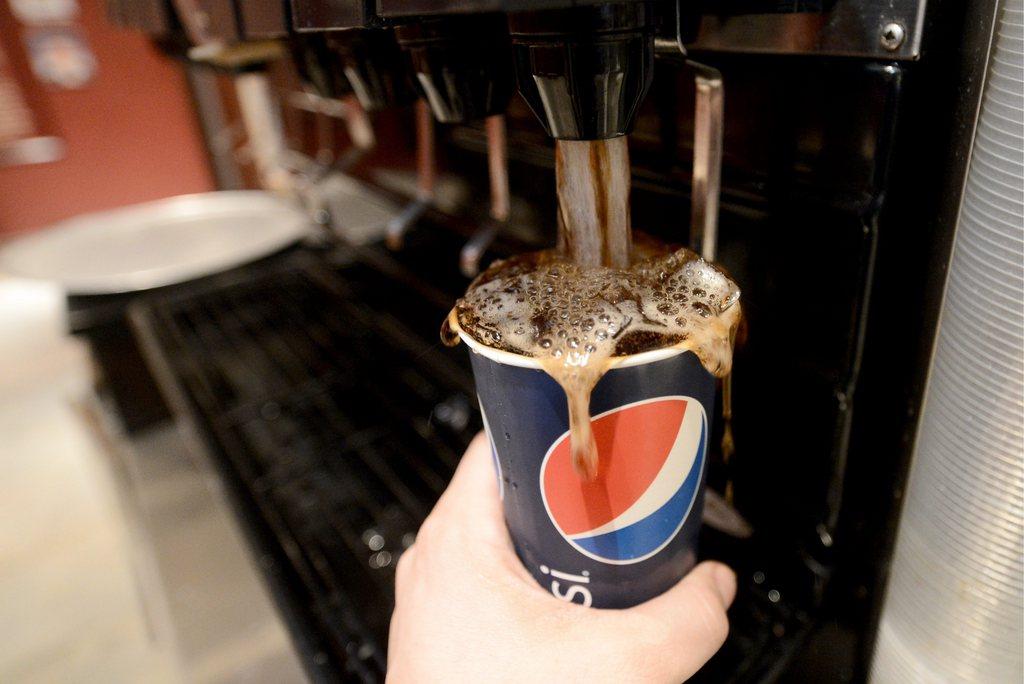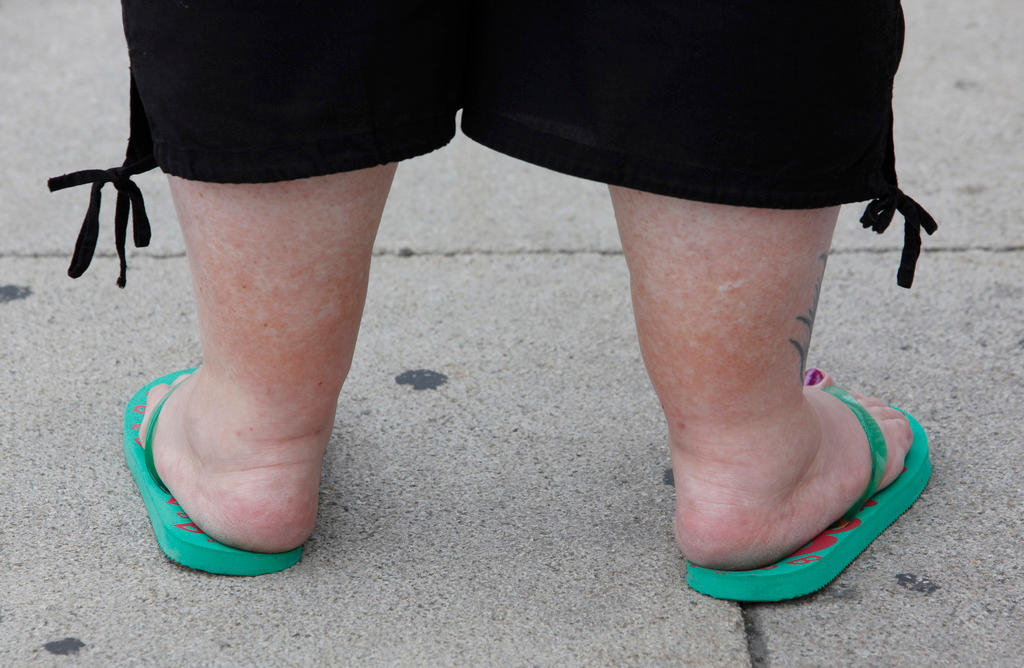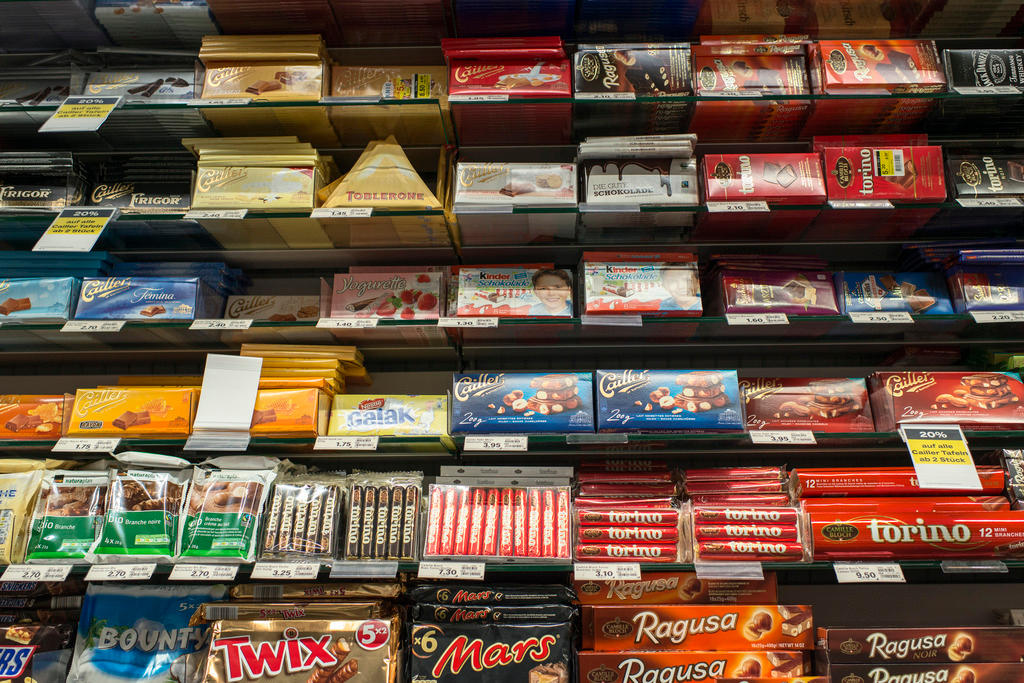Beverage producers’ survey finds ‘clear majority’ of Swiss oppose a sugar tax

Based on a survey of 1,002 respondents of voting age, a Swiss soft drink industry group says that most Swiss reject the idea of a sugar tax, believing that dietary habits should fall under the scope of individual responsibility rather than government measures.
The results came from the fifth edition of the “Survey of Diet and Physical Activity”, which was commissioned by the Swiss Association of Mineral Water and Soft Drinks ProducersExternal link for the Information Group on Soft DrinksExternal link and executed by the GfS Bern research institute.
“For the fifth consecutive year, we show that the Swiss population remains faithful to its position resolutely opposed to state regulations, with 72% rejecting a sugar tax,” a press statement on Wednesday declared.
This view, the authors conclude, is consistent with the government’s current policy of relying on voluntary measures and collaboration with the food industry when it comes to controlling sugar intake.
Individual responsibility
The requirement to include nutritional reference values on food and beverage labels was introduced at the European level in 2014. According to the statement, some 84% of people now use such labels, and 74% of participants in the survey would be in favour of including a three-couloured “traffic light” system for labelling foods in the law as well.
“The desire for clear guidance cannot be equated with the desire for harsher regulation but is in keeping with the significant value that remains attached to individual responsibility,” the authors conclude.
Some 71% of survey respondents also said they believed a sugar tax would be ineffective and have no influence on sugar consumption.
In addition to the survey results, the Information Group on Soft Drinks stated that it “resolutely rejects” a sugar tax based on the arguments that targeting specific food and drink items oversimplifies “multifactorial” conditions like cavities, obesity and diabetes; that soft drinks account for less than 10% of the average daily sugar consumption in Switzerland; that Swiss mineral and soft drink producers reduced the sugar content of their products by more than 13% between 2005 and 2016; and that such measures can increase the financial burden on consumers and unfairly affect low-income households.

More
Sugar content in food to be reduced further

In compliance with the JTI standards
More: SWI swissinfo.ch certified by the Journalism Trust Initiative



You can find an overview of ongoing debates with our journalists here. Please join us!
If you want to start a conversation about a topic raised in this article or want to report factual errors, email us at english@swissinfo.ch.